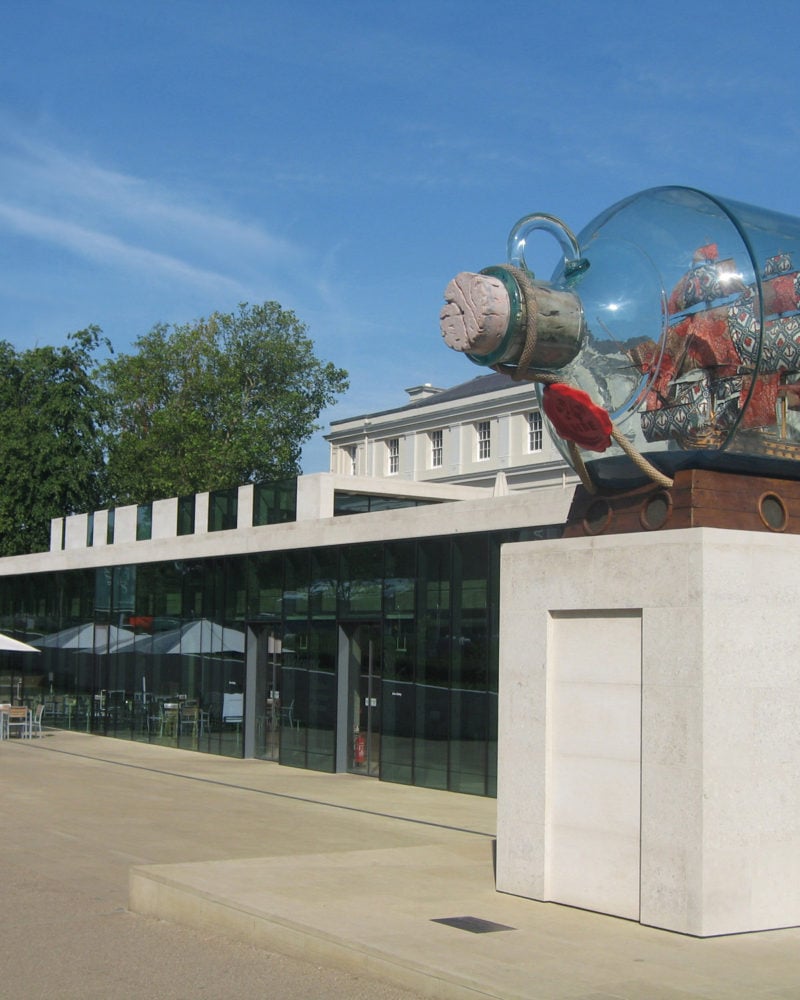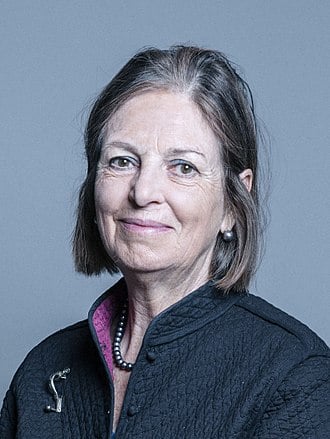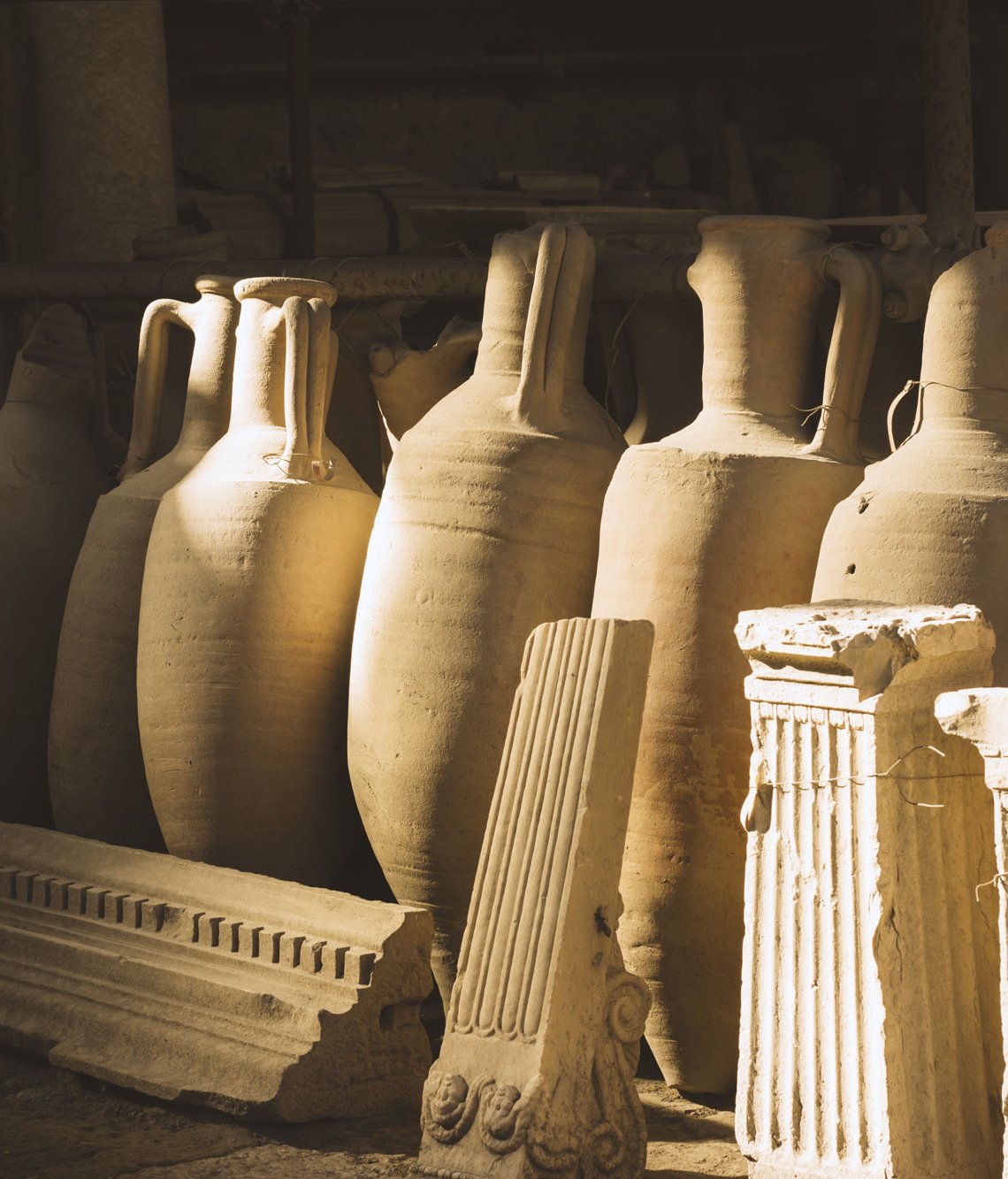#Convention
UNESCO Convention on the Means of Prohibiting the Illicit Import, Export and Transfer of Ownership of Cultural Property 1970
14 November 1970 – Paris, France
The 1970 convention addresses the need to have a legal instrument to continue the international fight against the illicit traffic of cultural property
Theft, looting and illicit trafficking of cultural property is a crime. It deprives people of their history and culture, it weakens social cohesion in the long term. It fuels organized crime and contributes to the financing of terrorism. This Convention provides the means to combat the movement of cultural property and also mechanisms for its restitution.


This #Convention was
? Adopted by UNESCO
? Signed by the UK
? Passed as UK law
? Ratified
The UK ratified the 1970 Convention in 2002, which was one of the principal recommendations of the Ministerial Advisory Panel on Illicit Trade which was appointed in 2000. The Convention is now celebrating its 50th of preventing the illegal trade of cultural property.
#PageMenu
“By signing this agreement, we are sending a strong warning to those who do so much damage to the world’s cultural heritage that the UK is serious about joining the international effort to stamp out illicit trade in cultural objects. It will also help us claim back objects unlawfully removed from the UK”
Baroness Blackstone, Arts Minister, 2001 – 2003

Quote
? The #Convention summarised
In the years preceding 1970, the trade of illegal trade of cultural property was prevalent amongst other illegal items and concern was related to the growth of the international black market during this time.
Under the 1970 Convention, cultural property is under protection. Meaning States such as the UK benefit from an added layer of security for their movable cultural heritage.
Under the terms of the Convention the cultural property includes anything of scientific, historical, artistic and or religiously significant, as define by Article I. Importantly, every State Party to the 1970 Convention is able to define its own cultural property, so long as it is an item of importance and within the categories in Article .
The Convention recommends the enforcement of the protection of moveable cultural property through three main principles:
Prevention is given a central role, which is essential to the fight against illicit trafficking. The convention recommends a variety of methods of prevention; the establishment of inventories, creation of export certificates, application of controls and licensing of traders, education, and the enforcement of criminal or administrative sanctions against those who perpetrate crimes in this area.
Restitution is provided before in Articles 7 and 14 of the Convention, which state that any cultural property stolen and imported should be seized and measures made for its return. The convention recommends that this action takes place at the national level.
The third principle of the convention is the strengthening of international cooperation between States Parties. Given that the illicit traffic of cultural property is an international activity, it requires the coordination of all states to effectively combat.
In totality, the Convention provides the framework for the protection and safe return of illegally traded or stolen cultural property in all of its member states. In order to maintain the fight against illicit trafficking, States are required to provide National Reports on the implementation of the convention in their own country.
? #InPicture
Discover some of the World’s museums and cultural property below
Find out what organisations in the UK are doing to promote the recommendations of the 1970 Convention
#InDetail
THE CONVENTION IN THE UK
Discover the UK’s involvement with the #Convention on the Means of Prohibiting the Illicit Import, Export and Transfer of Ownership of Cultural Property 1970
The 1970 Convention sets out a minimum level of respect which all States Parties must observe, both in relation to their own national heritage as well as the heritage of other States Parties. The UK meets these objectives through government policy and other organisations.

ICOM UK
SINCE 1946
? NGO
The International Council Of Museums is the global organisation of museums and museum professionals committed to the conservation of the world’s natural and cultural heritage. ICOM was created in 1946 and is a non-governmental organisation maintaining formal relations with UNESCO. It also raises awareness of international issues such as combating illicit trade, intangible heritage and restitution.
OUR CONTRIBUTION
Read more about the UK National Commission’s contribution to the #Convention’s mission
The UK National Commission for UNESCO utilises our expert network to inform and advise government on issues relating to UNESCO’s mandate for the building of peace and the responsibilities of the UK in areas of international law governed by UNESCO.

Chair in Cultural Property Protection and Peace at Newcastle University
SINCE JULY 2015
? Chair
The UNESCO Chair team at Newcastle tries to reduce damage to cultural property by working with the heritage, military, and humanitarian sectors to plan to conserve heritage during peacetime, as well as ensure its protection during conflict and following natural disaster.

Chair in Archaeological Ethics and Practice in Cultural Heritage at Durham University
SINCE JULY 2015
? Chair
Durham’s Chair addresses the social, ethical and economic impacts facing heritage managers. The team co-design solutions and training programmes to encourage protection and inclusive promotion, particularly at living heritage sites.
KEY PEOPLE
Explore the world’s hundreds of UNESCO Global Geoparks and learn more about their mission
[mapsvg id=”12731″]
RELATED PUBLICATIONS
Read our latest publications on the topic of heritage protection
Established in 2001, the UNESCO World Book Capital is designed to promote books, reading and a love of literature. One city is chosen per year to be the UNESCO World Book Capital.
The purpose of the Prize is to reward an activity of outstanding merit which has contributed to the freedom, independence and dignity of peoples and to the strengthening of a new international economic, social and cultural order.
Established in 2014, the Prize is awarded every two years to a person, group or international institution that has made an outstanding contribution to the development of knowledge and society through art, teaching and research in social sciences and humanities.
The purpose of the International UNESCO/José Martí Prize is to promote and reward an activity of outstanding merit in accordance with the ideals and spirit of José Martí.
The Shenzhen Design Award for Young Talents (SDAY) is an international, professional competition for young designers under 35 who are from one of the UNESCO Creative Cities worldwide.
? #AllConventions
Discover more of UNESCO’s standard setting instruments

Convention on the Recognition of Studies, Diplomas and Degrees concerning Higher Education in the States belonging to the Europe Region
SINCE JULY 2015
?️ #RatifiedConvention
The tectonic island of Anglesey includes more than a hundred different rock types and the oldest fossils in England or Wales with 1,800 million years of Earth’s history.

International Convention against Doping in Sport
SINCE JULY 2015
?️ #RatifiedConvention
The tectonic island of Anglesey includes more than a hundred different rock types and the oldest fossils in England or Wales with 1,800 million years of Earth’s history.

International Convention for the Protection of Performers, Producers of Phonograms and Broadcasting Organizations
SINCE JULY 2015
?️ #RatifiedConvention
The tectonic island of Anglesey includes more than a hundred different rock types and the oldest fossils in England or Wales with 1,800 million years of Earth’s history.

Universal Copyright Convention, with Appendix Declaration relating to Article XVII and Resolution concerning Article XI
SINCE JULY 2015
?️ #RatifiedConvention
The tectonic island of Anglesey includes more than a hundred different rock types and the oldest fossils in England or Wales with 1,800 million years of Earth’s history.

Convention Concerning the International Exchange of Publications
SINCE JULY 2015
?️ #RatifiedConvention
The tectonic island of Anglesey includes more than a hundred different rock types and the oldest fossils in England or Wales with 1,800 million years of Earth’s history.

Convention for the Protection of Cultural Property in the Event of Armed Conflict, and Regulations for its Execution
SINCE JULY 2015
?️ #RatifiedConvention
The tectonic island of Anglesey includes more than a hundred different rock types and the oldest fossils in England or Wales with 1,800 million years of Earth’s history.

Convention for the Protection of the World Cultural and Natural Heritage
SINCE JULY 2015
?️ #RatifiedConvention
The tectonic island of Anglesey includes more than a hundred different rock types and the oldest fossils in England or Wales with 1,800 million years of Earth’s history.

Convention on the Means of Prohibiting and Preventing the Illicit Import, Export and Transfer of Ownership of Cultural Property
SINCE JULY 2015
?️ #RatifiedConvention
The tectonic island of Anglesey includes more than a hundred different rock types and the oldest fossils in England or Wales with 1,800 million years of Earth’s history.
Discover UNESCO’s #Framework in the UK
UNESCO’s Culture Legal Framework in the UK is built around and ? Standard-Setting Instruments ? Organs & Programmes and ? Institutes & Centres
click on the links above
DISCOVER
More on #Recommendations and #Declarations
#Framework #StandardSetting



